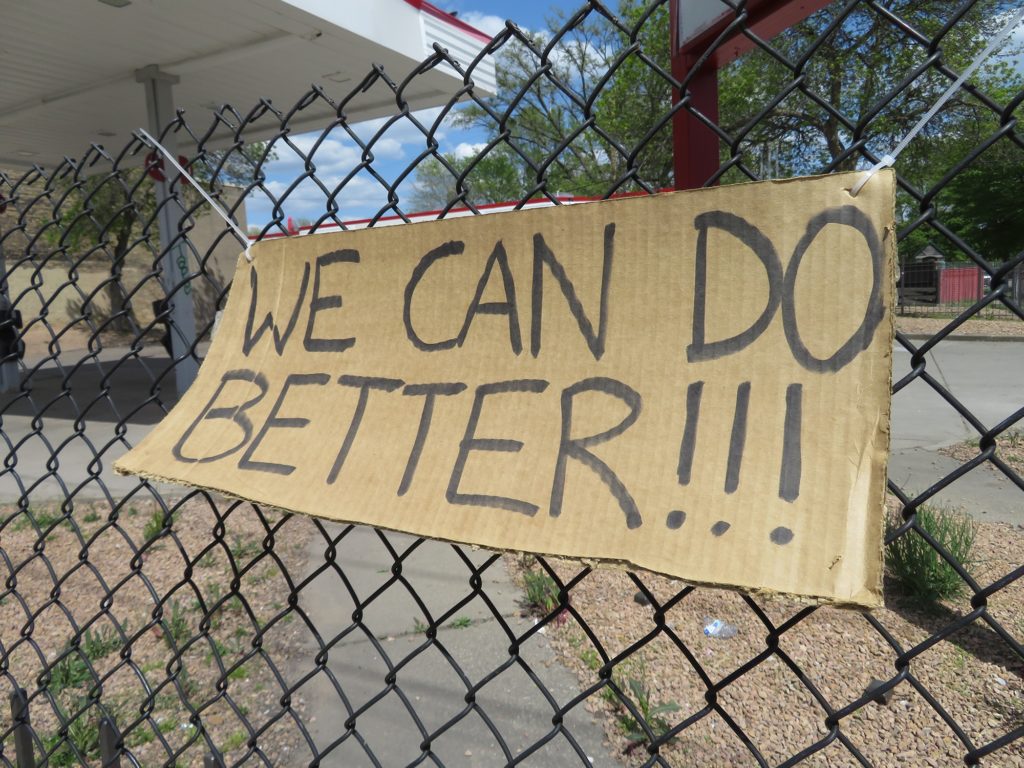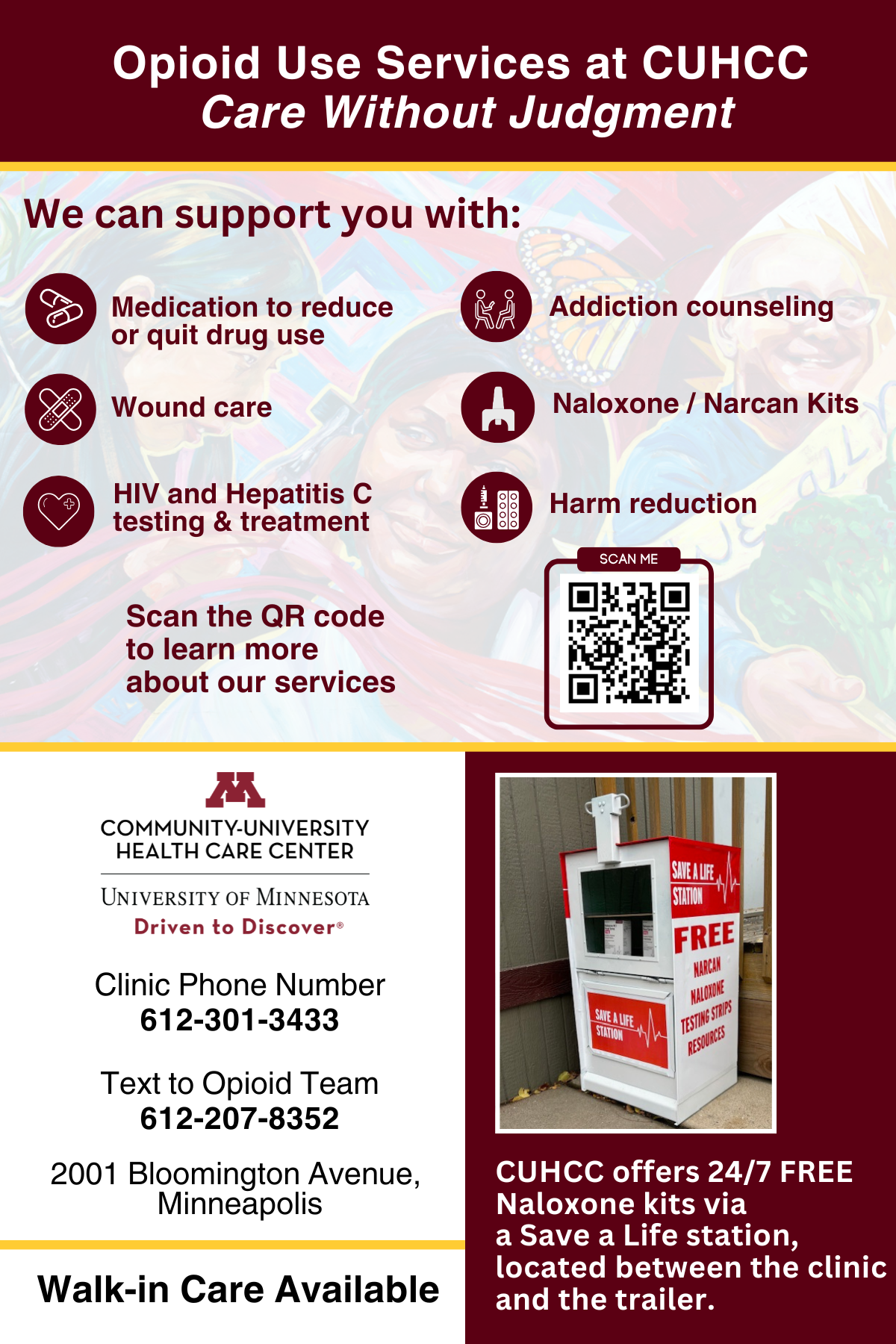By SOUTHSIDE HARM REDUCTION SERVICES
This last month the Minneapolis Police evicted another encampment of people experiencing houselessness in East Phillips. This is the third time in the past few months that this group has been moved. This eviction was especially violent. About 40 police arrived to forcibly evict roughly 30 residents with no place for residents to move. The police barricaded the area surrounding the camp and forced almost all the community outreach workers out of the camp, searching for people with active warrants and telling residents they had 5 minutes to pack everything and leave. During this eviction, a resident of the encampment experienced an overdose. The police (all of whom are supposed to be carrying naloxone) did not respond. Instead, they continued to stand around and force people to leave the encampment. Fortunately, a fellow resident responded to the emergency by administering naloxone, and the person experiencing the overdose survived, exclusively because of this community response.
These evictions are violent, and they cause immediate and long-term health crises. They prevent people from making progress in finding housing and in achieving health goals. They cause people to lose their tents, identification documents, personal belongings, medication, harm reduction supplies, and naloxone. They also cause disruption of important relationships with friends and family, as well as healthcare and social service providers. These connections are as valuable to people”™s health as physical supplies. As one resident put it, “Every time we are evicted, we start back at square 1, we could be at square 450 and then immediately back to square 1.”
Encampment evictions are happening in the midst of multiple outbreaks, including HIV, Hep A, and alongside record high numbers of overdose deaths. These evictions and health crises disproportionately affect Indigenous people and people of color, and we cannot pretend that these crises are separate or independent of each other or minimize their magnitude. We need to be open to new solutions, and we must recognize that people who use drugs and people who are living outside are part of the solution.
Southside and other outreach workers talked with folks who have been staying at the recently evicted encampments. Below are some of the needs they voiced to us:
1. Create a space for community members living outside where they will not be evicted or harassed. Where community and safety as defined by residents is supported.
2. Meet basic human needs in encampments such as sanitation (potable water, toilet access), food, waste management.
3. Increased access to mobile medicine, harm reduction, and other relevant health and social services
4. An overdose prevention site/supervised ”˜shooting gallery.”™
We want to acknowledge the real and legitimate concerns of housed community members on the public health crisis they see and experience from their homes in their communities. Lack of adequate sanitation, food storage, syringe and other litter, lack of adequate PPE and space for social distancing, and potential violence all create very real public health risks. However, we cannot lose sight of the fact that the people most impacted by these conditions are the people living directly in them. These evictions do nothing to resolve these conditions, and only serve to relocate these community members into other neighborhoods while poverty and unsafe living conditions continue to be exacerbated.










